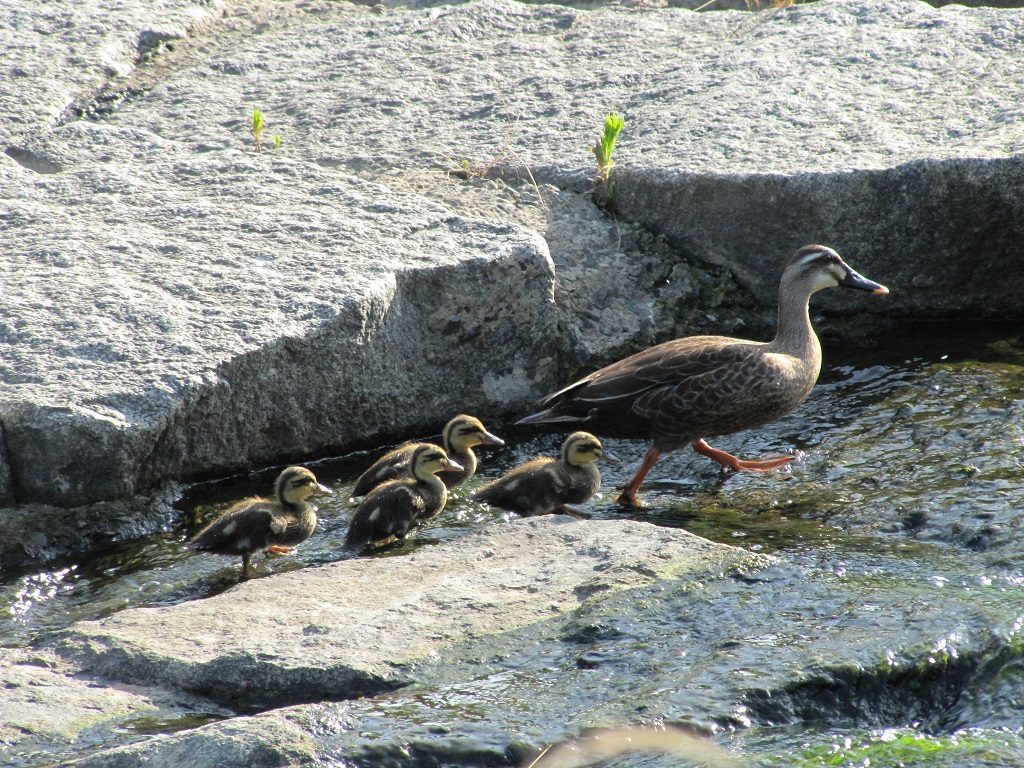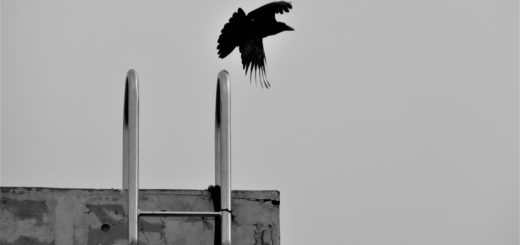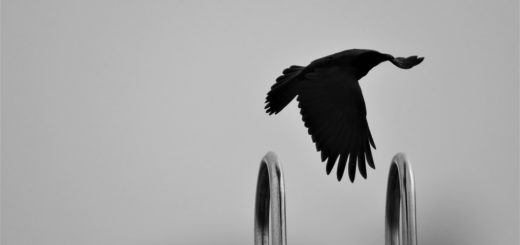Observations: Man Among the Animals
For all other animals, maturation involves growing into their bodies. For man alone, maturation involves growing out of his body.
Those who deny the existence of truth are absolutely certain they are right. On the other hand, genuine believers in truth rarely claim to be certain of anything. The former hope to find their reason for living in their certainty. The latter find their reason for living in not knowing. The former think the latter are living in an illusory world. The latter basically agree, and wonder why the former lack the courage to accept this.
We moderns have found that casting the first stone is much easier once one learns to define sin as “whatever I am not doing at this moment.” None of our certainties are more certain than our moral certainties — and our moral certainties are typically little more than various ways of saying, “I hate him.”
Every lower species of animal is distinguished from the rest primarily by its peculiar manner of preparing for and achieving its ultimate goal, reproduction and propagation. In mankind alone, reproduction is only the base level of desire; we are distinguished from the other species primarily by our manner of preparing for and achieving the transcendence of mere propagation. Failing to understand this, modern psychology believes it can learn all there is to know about humans by analogy with lab rats — as though puberty were the conclusion of human development, rather than the beginning.
The attempt to reduce human motivation and action, by way of analogy, to that of the lower animals, is the flipside of attempts to personify animal behavior and then use that behavior as a commentary on how “unreasonably” or “selfishly” we live compared to the animals. This latter commentary only makes sense if we begin with the presupposition that humans are essentially no different in motivation and needs than the lower animals — or than dependent children, which is usually the real but unstated thrust of such commentary, animal behavior merely serving as a useful cover for paternalistic moral and political intentions.
Contrary to those who look to animal life for models of sacrificial collectivist humility to superimpose on human society, in this age of precipitous decline, it is very difficult not to believe that animals are in fact more noble than humans: more courageous, more focused on long-term goals, more resilient in the face of threats and failures, more relentless in protecting their own, and more jealously joyful in their freedom. In a time of universal sentimentalism, frightened collectivism, and hedonistic relativism, the lower animals serve as a reminder of how ordered and purposeful life can be, and should be.



